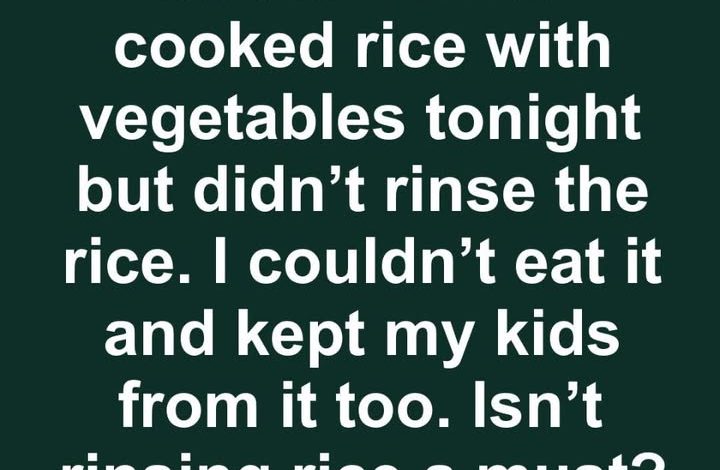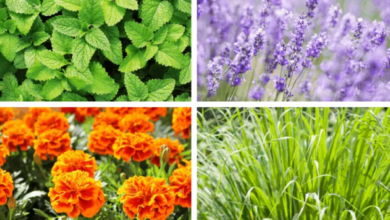I’m blindsided by this!

Rinsing rice is a widely practiced step in cooking that many people around the world follow. It’s often seen as a crucial part of making sure rice is clean and doesn’t have too much starch. Many believe this step makes cooked rice better, giving it a fluffier texture and preventing it from becoming too sticky. For a lot of cooks, rinsing rice isn’t just about being clean; it’s also about making the whole dish taste and feel better. However, whether this step is really needed can depend on cultural traditions and what people prefer.
ADVERTISEMENT
The Tradition of Not Rinsing Rice
Interestingly, in some cultures and homes, rinsing rice isn’t a common practice. This can be for different reasons, like long-standing family traditions, simply for convenience, or because people believe that modern ways of processing rice have already made it clean enough. Some even suggest that rinsing rice might wash away important nutrients that are added to it, especially in fortified rice. Also, certain types of rice, such as parboiled or enriched varieties, are often not rinsed. This is because they are prepared in different ways, and rinsing them could actually reduce their nutritional benefits.
ADVERTISEMENT
The Science Behind Rinsing Rice
From a scientific point of view, rinsing rice helps get rid of the surface starch. This is the starch that can make rice turn gummy or sticky when it cooks. Rinsing also helps wash away any dust, small bits of debris, or possible contaminants that might have gathered during packaging and shipping. When you rinse rice, the individual grains are less likely to stick together. This gives you a much better texture, which is especially important for dishes where you want distinct grains, like in tasty pilafs or fried rice.
ADVERTISEMENT
Health Considerations
While not rinsing rice probably won’t cause a major health problem, it might lead to a less enjoyable meal because of a sticky texture. There can also be some concern about impurities or residues that might be on the rice, such as certain chemicals or dust. Rinsing the rice can help lower these worries by washing away these surface residues. For people who have specific dietary needs or are sensitive to certain things, making sure their rice is thoroughly rinsed can be a very important part of their food preparation process.
Cultural Differences in Rinsing Rice
The practice of rinsing rice varies a lot from one culture to another. In many Asian cuisines, rinsing rice is a deeply rooted tradition that has been passed down through many generations. On the other hand, some Western cooking methods might not put as much importance on rinsing, especially with certain types of pre-cooked or processed rice. Every culture has its own reasons and ways for preparing rice, which are influenced by history, the environment, and how technology has developed over time.
Balancing Tradition and Health
Deciding whether or not to rinse rice often comes down to what you personally prefer and the specific kind of rice you’re using. Some people value tradition and taste above all else, while others focus more on health and safety. It’s important to find a balance that works best for you and your loved ones. Understanding why people choose to rinse or not rinse can help you make a well-informed decision that fits your own values and cooking goals.
Parental Concerns
For parents, making sure that meals are safe and healthy for children is always a top concern. Worries about potential impurities in rice that hasn’t been rinsed can make parents extra careful. Even if the risk is small, taking steps like rinsing rice can offer peace of mind. Plus, teaching children about preparing food, including why we rinse rice, can help them develop good habits and understand food safety from a young age.
Is Rinsing Rice Truly Necessary?
Ultimately, whether you need to rinse rice really depends on what you like, the traditions you follow, and the kind of rice you’re cooking. While rinsing can certainly make the texture better and remove potential impurities, it might not be absolutely essential for everyone. Knowing the good and bad points of rinsing rice can help you make smart choices that fit your cooking needs and health goals. Whether you choose to rinse your rice or not, the most important thing is to enjoy your meal and the traditions that come with it.




